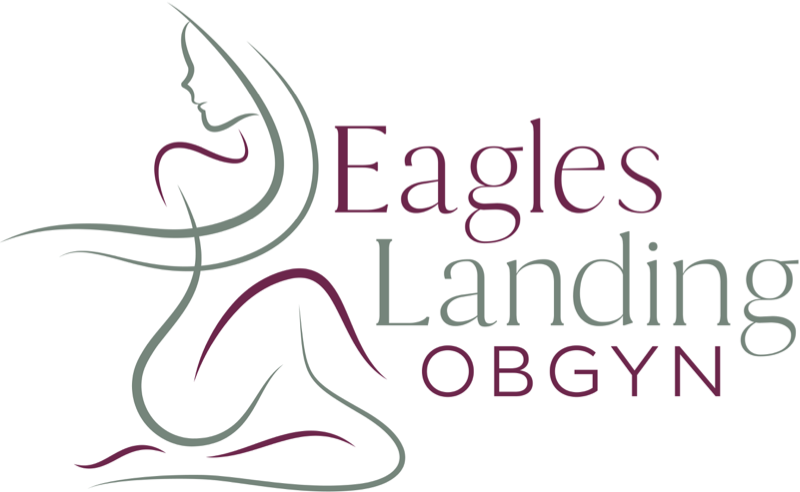
Postpartum depression is common among new mothers, and it presents itself by the onset of profound sadness, anxiety, and fatigue. PPD can happen to new mothers at any moment during the first year after childbirth. Feelings of worry, unhappiness, and stress after a new baby arrives are completely normal. These feelings are commonly referred to as “the baby blues” and usually go away after a short while.
If you’re noticing that these feelings are intensifying or not going away, it may be postpartum depression. For women who are dealing with PPD, a visit to your obstetric provider is recommended. Read on for more information about PPD so you can recognize the signs and symptoms.
How Common is Postpartum Depression?
If you think you may be suffering from PPD, you’re not alone. As many as one in seven new mothers experience it and almost half of them have had no previous history of depression. If you are struggling with PPD, be reassured that many other women have dealt with it, too. A lot of new mothers experience the same or similar symptoms that you do.
What are the Symptoms?
The symptoms of postpartum depression can vary from person to person but some of the most common ones include:
- Intense and lasting feelings of hopelessness and/or sadness
- Feelings of severe anxiety and constant worrying
- Withdrawing from friends, family, and other social interactions
- Changes in appetite, whether it’s eating too much or not enough
- Lack of sleep or sleeping too much
- Feelings of guilt, worthlessness, or having trouble bonding with the new baby
- Loss of interest and hobbies and other fun activities
- Thoughts of self-harm, or thoughts of harming the baby
What are the Causes?
There is no single, identifiable cause for PPD but many doctors believe it results in a combination of various psychological and emotional factors. Directly after your baby is born, the two key hormones known as progesterone and estrogen rapidly drop. This sudden change can have a huge impact on your mood and your overall feelings of well-being. In addition to that, losing sleep while caring for a new baby can contribute to stress and cause new mothers to feel extremely overwhelmed. It’s important to know that PPD is not your fault and that it’s a common physical and emotional response to a very significant event in your life.
Important Things to Note
Many people believe that postpartum depression occurs immediately after childbirth. The truth is, it can happen anywhere within the first four or five days after childbirth up to a full year after the baby is born. There is a distinct difference between PPD and the “baby blues.” Every new mother will feel some level of worry, fatigue, and even some unhappiness. It takes time to adjust to a new baby and the “baby blues’ is perfectly normal. If you have postpartum depression, these feelings will be much more intense and last much longer. Talk to your doctor if you are concerned about PPD and they can recommend the proper course of action and treatment that’s right for you.
Eagle’s Landing OB/GYN in Stockbridge, GA wants you and your family to thrive. For any questions or concerns regarding pregnancy, parenting or related issues, don’t hesitate to give us a call at 770-474-1919.
